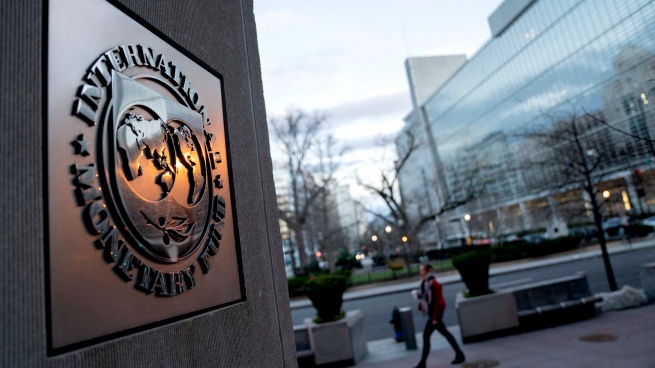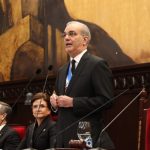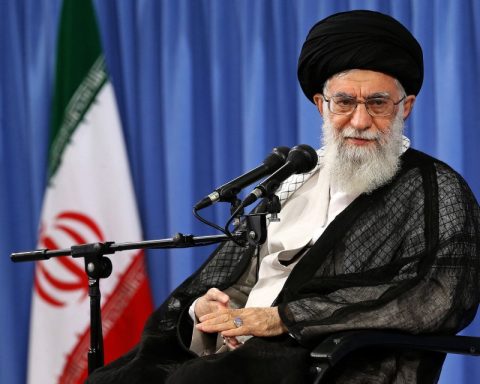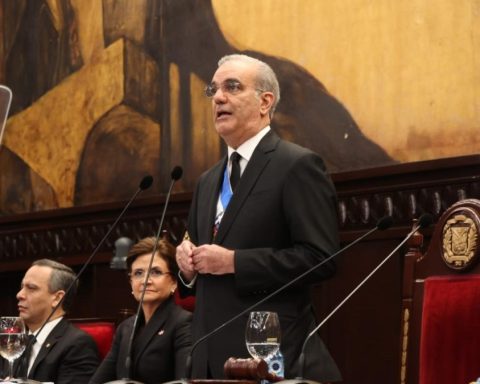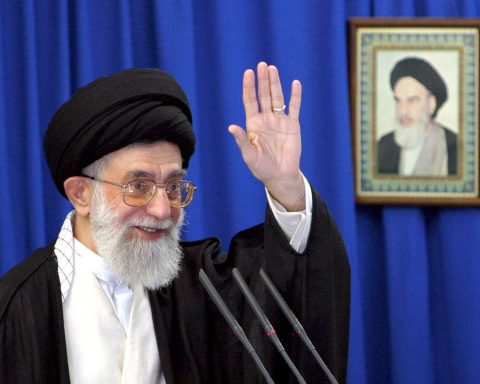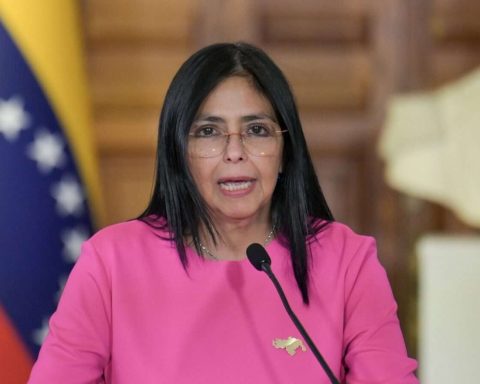The technical staff of the International Monetary Fund (IMF) and the Argentine Government came to an agreement at the technical level in which “all the quantitative objectives of the program were met in the first quarter of 2022”as reported by the IMF and the Ministry of Economy.
The agency said that “initial progress is also being made on growth-enhancing reforms in line with program commitments in the first review of the Extended Facilities agreement,” the IMF said in an official statement.
Thus, Once the review passes through the agency’s board, Argentina will receive some US$ 4,030 million, equivalent to 3,000 million SDRsto finance the payment of the same amount set for this month.
On the other hand, both parties agreed that the annual objectives established in the approval of the agreement will be maintained, specifically those related to the primary fiscal deficit, monetary financing and net international reserves.
The IMF reported that “all the quantitative objectives of the program were met in the first quarter of 2022” adding that “initial progress is also being made on growth-enhancing reforms in line with program commitments.”
“The IMF staff and the Argentine authorities agreed that the annual objectives established in the approval of the agreement will remain unchanged. This is essential to improve stability and support the ongoing economic recovery. The authorities’ commitment to implement additional political measures to achieve these annual goals is welcome,” said Julie Kozack, deputy director of the Western Hemisphere Department, in statements rescued by the statement.
In the last weeks, a team from the International Monetary Fund (IMF), led by Kozack and Luis Cubeddu, head of mission for Argentina, held face-to-face and virtual meetings with Argentine authorities to discuss policies that would complete the first review of the extended agreement under the Extended Facilities Agreement (EFF).
In the coming weeks, the review will go to the IMF board for approval and, once this review is completed, Argentina will receive some 4,030 million dollars (equivalent to 3,000 million SDRs)
“The review focused on evaluating the performance of the program since the approval of the agreement, analyzing the effects of the impact of the Ukraine war on the Argentine economy, and identifying policies to address such effects,” the agency detailed.
The technical staff of the IMF and the Argentine authorities have agreed that the annual objectives established in the approval of the agreement will be maintained, specifically those related to the primary fiscal deficit, monetary financing and net international reserves.
“Such an approach provides an anchor for economic stability and growth in times of uncertainty,” Kozack said.
The impact of the war in Ukraine was reported as “expected to have a limited impact on Argentina’s growth and balance of payments this year, but, as in most other countries, higher world prices for commodities have already caused higher inflation.
“Despite recent increases in energy tariffs, Argentina’s fiscal position is also being affected by the commodity price shock through a higher energy subsidy bill and an adequate expansion of social support. targeted at low-income households,” he added.
In that sense, by addressing the impact of the shock, the Argentine authorities “commit to implementing policies to achieve the annual objectives of the primary fiscal deficit program, monetary financing and reserve accumulation,” the IMF said.
Regarding fiscal policy, the Argentine authorities “plan to reprioritize public spending to achieve the fiscal goal of 2.5 percent of GDP by 2022, while reducing monetary financing to 1 percent of GDP, as planned. in the approval of the agreement.
“They have also reaffirmed their commitment to continue applying the enhanced monetary and exchange rate policy framework to generate positive real policy interest rates, ensure exchange rate competitiveness, and support reserve accumulation of US$5.8 billion for the year as a whole.” “, he claimed.
“Going forward, the implementation of determined policies will be essential to ensure that the objectives of the program are met during the rest of 2022 and beyond. That also includes taking measures to mobilize net financing in domestic pesos, improving the transmission of the policy monetary policy, improve compliance with the tax system, strengthen the AML/CFT framework and encourage investment in strategic sectors,” the agency added.
“The IMF staff thanks the Argentine authorities for their open engagement and constructive discussions, and welcomes their strong commitment to implement the program, which aims to help Argentina strengthen economic stability, address persistently high inflation, and continue addressing its most entrenched challenges,” he concluded.
